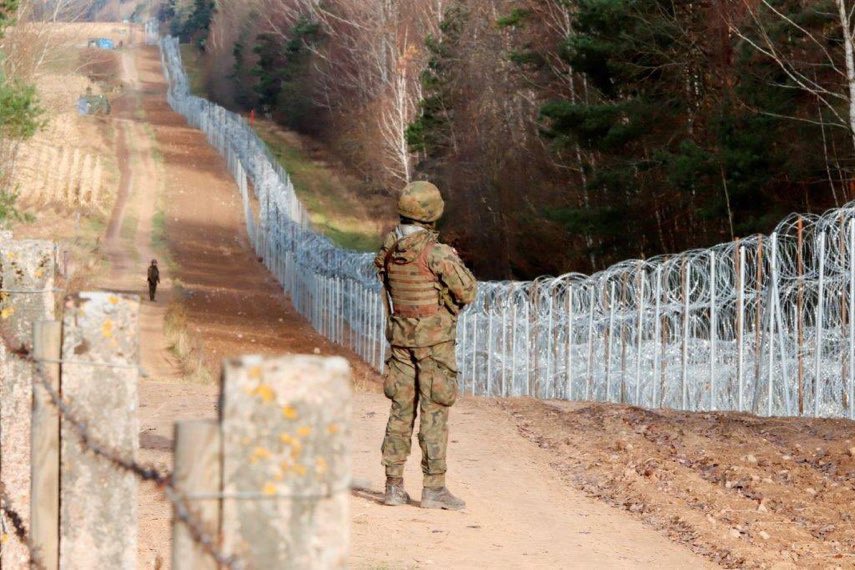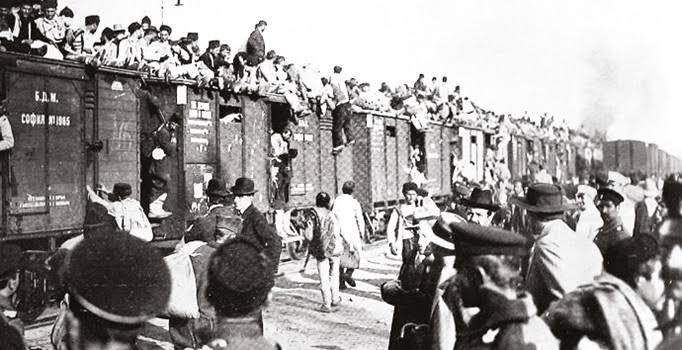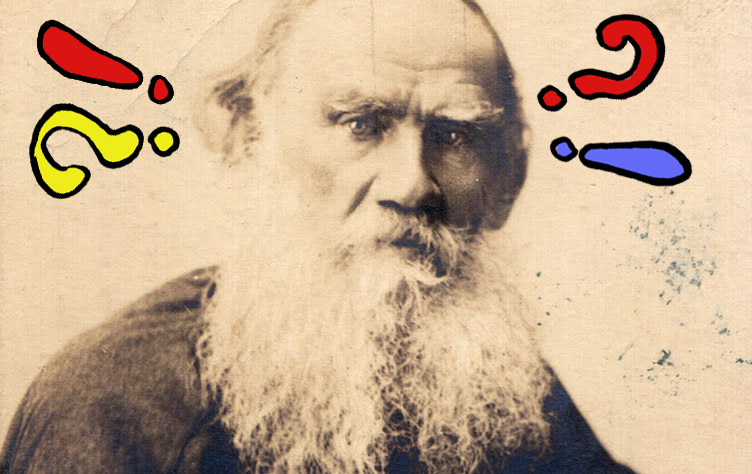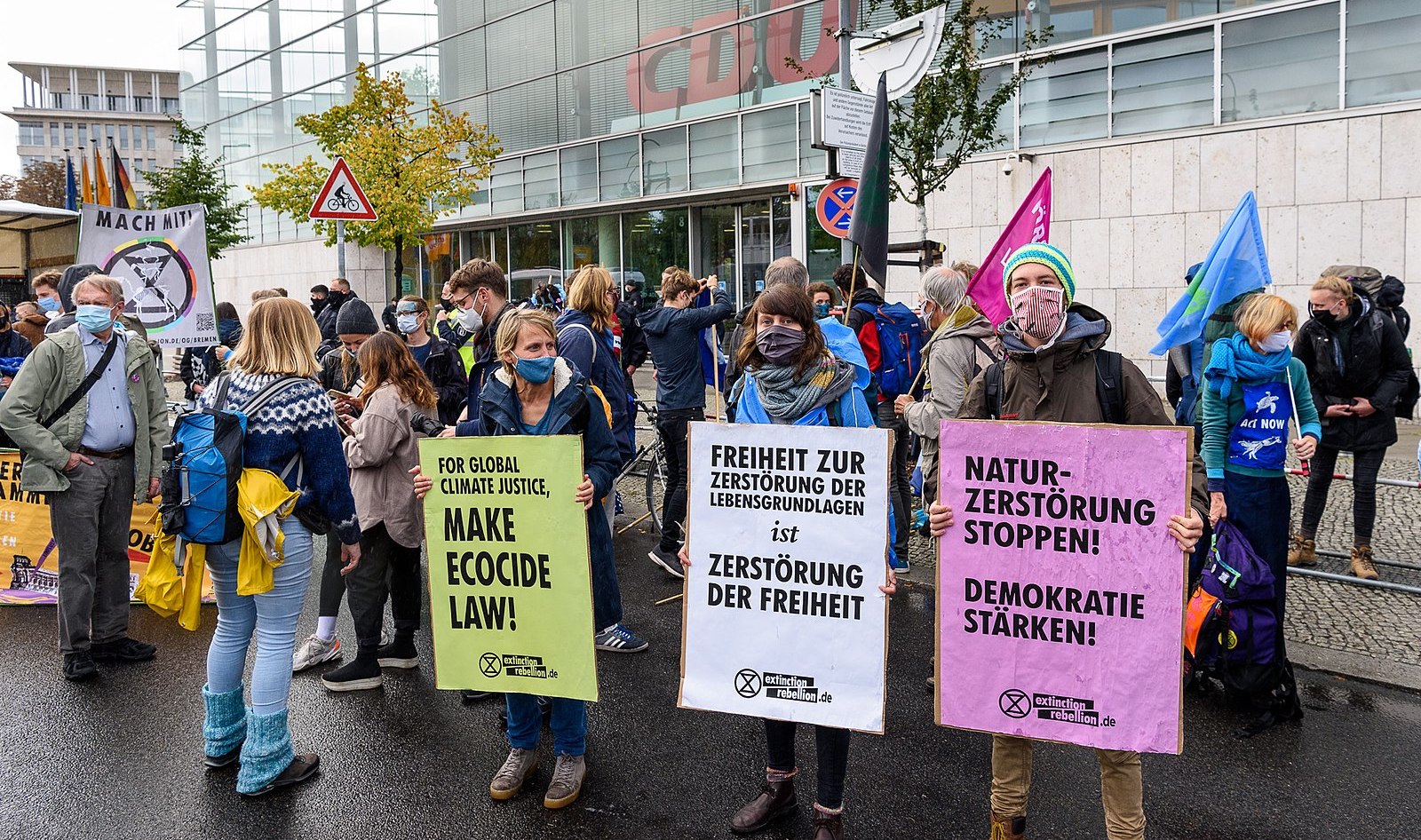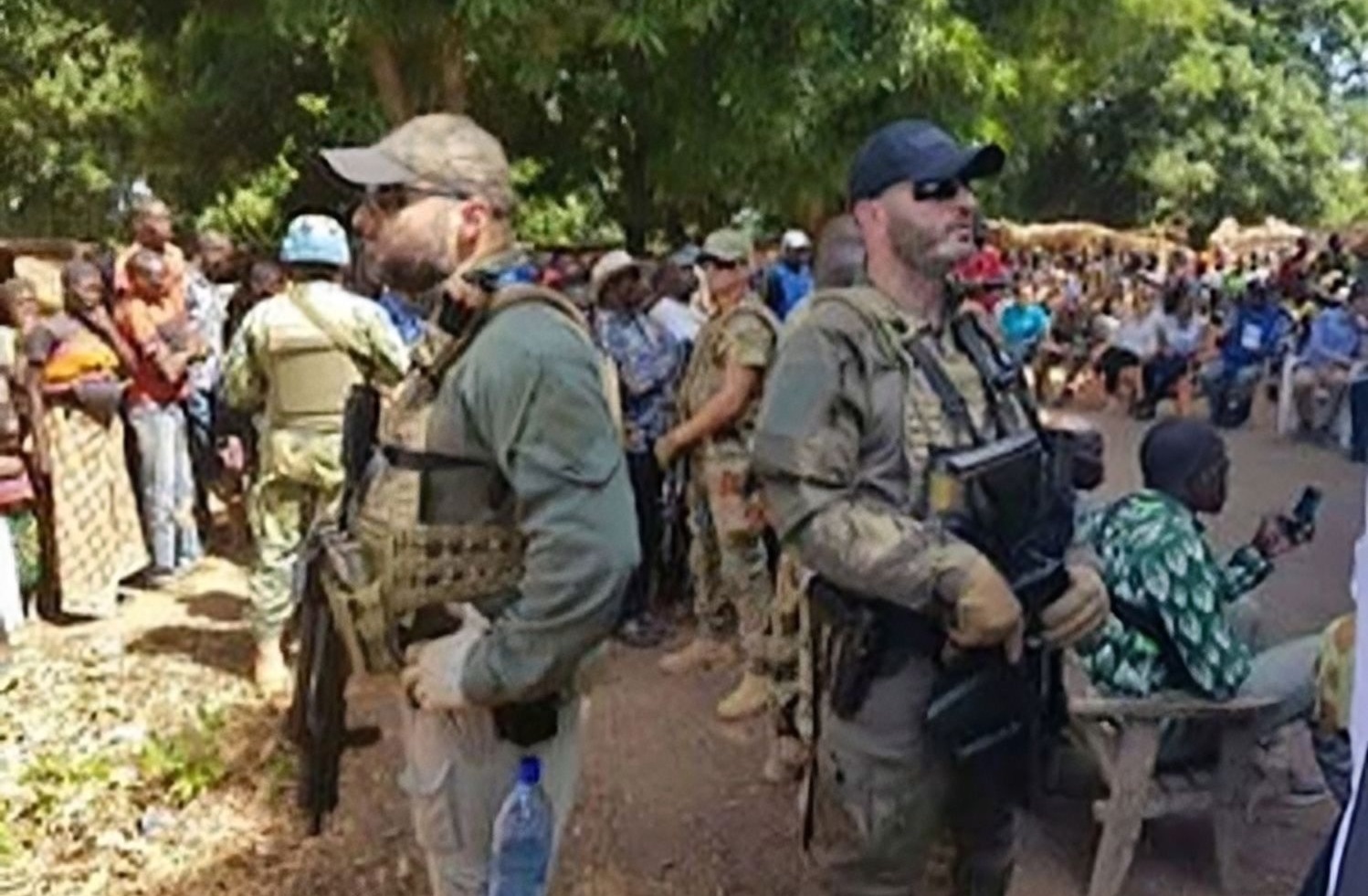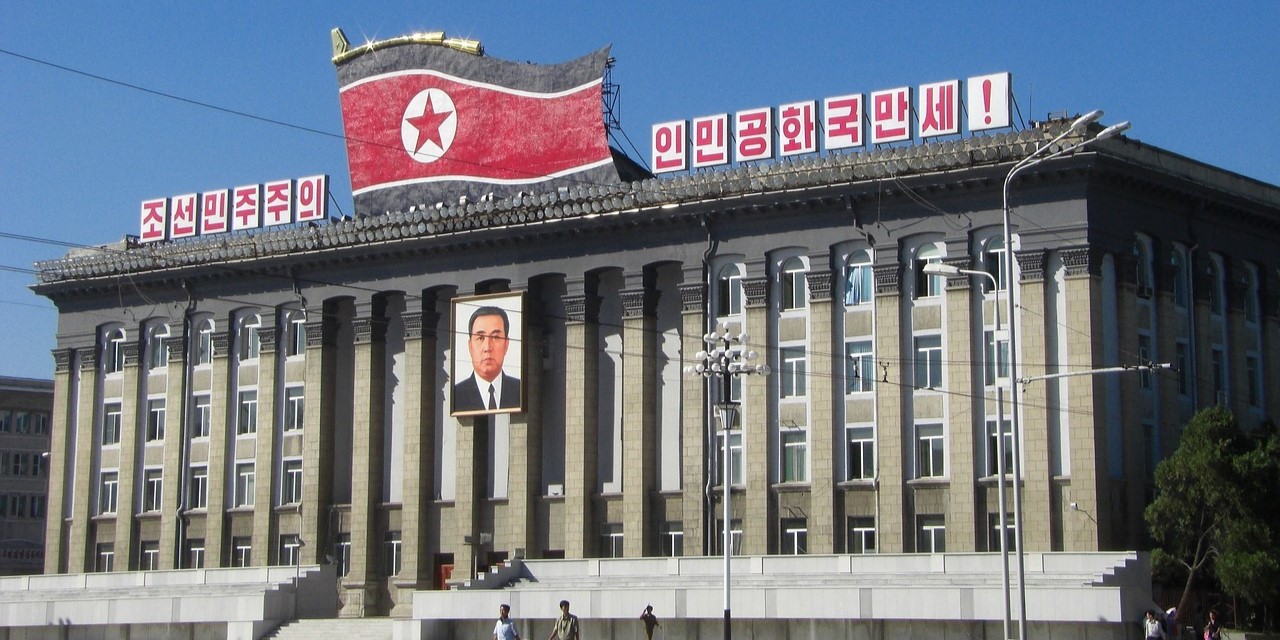
North Korean deployment to Russia illegal: EU
South Korea and the EU condemned North Korea’s contribution of military arms and personnel to Russia as illegal under international law in a joint statement. The statement follows recent reports that Russia has deployed North Korean troops in its war against Ukraine. According to a White House press briefing, over 3,000 North Korean soldiers were moved to Vladivostok in October, and underwent training at sites in eastern Russia. This was the first dispatchment of an estimated 12,000 North Korean troops said to be readied for deployment to fight Ukraine. South Korea and the EU maintain that the deployment violates multiple UN Security Council resolutions as well as Russian obligations under the Nuclear Non-Proliferation Treaty (NPT). (Photo: gfs_mizuta/Pixabay via Jurist)



